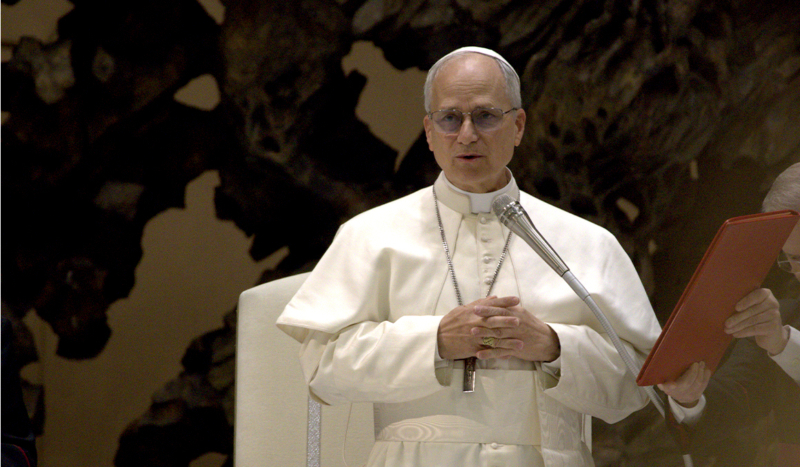
Pope Leo XIV by Edgar Beltrán / Wikimedia Commons
CV NEWS FEED // A recent editorial by Catholic ethicist Charles C. Camosy posits that Pope Leo XIV’s choice of papal name reflects a deliberate intention to confront the cultural and moral consequences of emerging technologies such as artificial intelligence and robotics.
Writing for Religion News Service, Camosy drew parallels between the new pope and Leo XIII, whose papacy addressed the upheaval of the Industrial Revolution through a renewed application of Catholic social teaching.
Camosy pointed to remarks made by Pope Leo XIV shortly after his election, in which he described today’s technological changes as a “Copernican revolution,” impacting not only artificial intelligence and automation but also human relationships.
According to Camosy, the pope’s invocation of Leo XIII, and specifically Rerum Novarum, the 1891 encyclical on labor and social justice, signals that the Church may once again take an active role in guiding cultural response to rapid industrial and technological change.
In his address to the College of Cardinals, Leo XIV stated that his goal is to offer the “treasury of (the Church’s) social teaching in response to another industrial revolution and to developments in the field of artificial intelligence that pose new challenges for the defense of human dignity, justice and labor.”
Camosy wrote, “Obviously, the revolution about which Leo XIV is currently worried is every bit as massive as the revolution about which Leo XIII was worried.“
The op-ed details how modern technologies are already impacting mental health, social cohesion, and spiritual well-being. From constant digital engagement and algorithm-driven behaviors to the erosion of contemplation and silence, Camosy argued that many of these shifts challenge the Church’s vision of a fully human life rooted in relationship, reflection, and sacramentality.
Camosy raised a particular concern over the commodification of human reproduction.
“The idea that children have a right to be welcomed from the sexual love of their mother and father has already been (radically) disrupted in the consumerist, developed West, but new technologies are poised to thrust us into a braver new world,” he wrote. “Silicon Valley companies such as Orchid have designed their business models around screening multiple embryos in order to allow us to pick our desired tiny humans, while undesirable tiny humans are discarded as medical waste.”
Despite the gravity of these challenges, the piece ends on a hopeful note. Camosy suggested that Pope Leo XIV’s early messaging indicates a desire to lead a spiritual and cultural counter-revolution — one that reaffirms the Church’s mission to defend the human person against dehumanizing trends.
“Can the Church offer spaces of education that will both preserve the kinds of creative work essential for human flourishing and offer the academic case for a counter-revolution?” Camosy wrote. “The answer is yes. We have done it before — with the help of a pope named Leo. We appear to be on our way to doing it again.”

